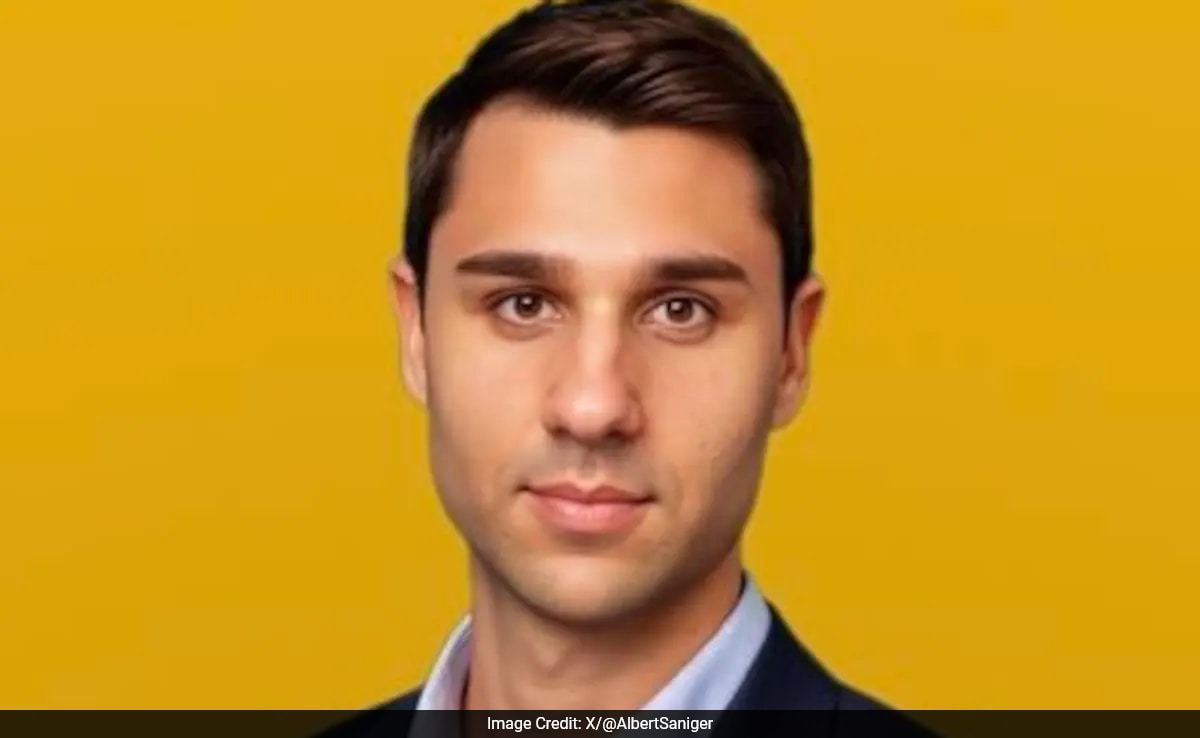Text size
Prime Minister Keir Starmer is due to present an “action plan” on Monday to make the UK “the world leader” in artificial intelligence and revive the flagging British economy.
His Labor government said AI would be “unleashed” across the country, with the “full weight” of its half-million civil servants supporting the endeavour.
“Artificial intelligence will bring incredible change to our country,” Starmer said in a statement Sunday evening.
“From teachers personalizing lessons, to supporting small businesses with their record keeping, to speeding up scheduling applications, this has the potential to transform workers’ lives.”
Starmer was due to give more details about the UK’s approach to AI technology, which raises complex questions for governments around the world, in a speech on Monday.
In the press release issued Sunday ahead of the speech, the prime minister said the AI industry “needs a government that stands with it, a government that will not stand idly by and let opportunities slip through his fingers.”
“In a world of fierce competition, we cannot stand idly by. We must move fast and act to win the global race.
“Our plan will make Britain the world leader,” he insisted.
The government’s 50 proposals include the creation of what it calls “dedicated AI growth zones” designed to accelerate planning proposals for data centers and other AI infrastructure.
It also plans to increase server capacity twenty-fold by 2030, including building “an entirely new supercomputer with enough artificial intelligence power to play chess half a million times per second.”
The government said the proposals would mean the public sector would spend less time “dealing with administration”.
He noted that hospitals were already using AI to help diagnose breast cancer more quickly and said AI had the potential to detect potholes and help improve roads.
The Starmer administration added that AI could bring £47 billion ($57 billion) to the UK each year over a decade.
He announced that three technology companies – Vantage Data Centres, Nscale and Kyndryl – had committed to spending £14 billion on AI in the UK, which would lead to the creation of more than 13,000 jobs.
Starmer has put the recovery of the British economy at the heart of his agenda since taking office last July.
But weaker-than-expected growth, rising borrowing costs and the falling pound sterling are making his task harder, meaning he could be forced to cut spending or raise taxes this year.
Countries are trying to figure out how to harness the benefits of AI while regulating the technology, fearing that robots could one day outsmart humans if nothing is done to control them.
AI is also increasingly being blamed for the spread of misinformation and deepfake pornography online.
pdf/gv










